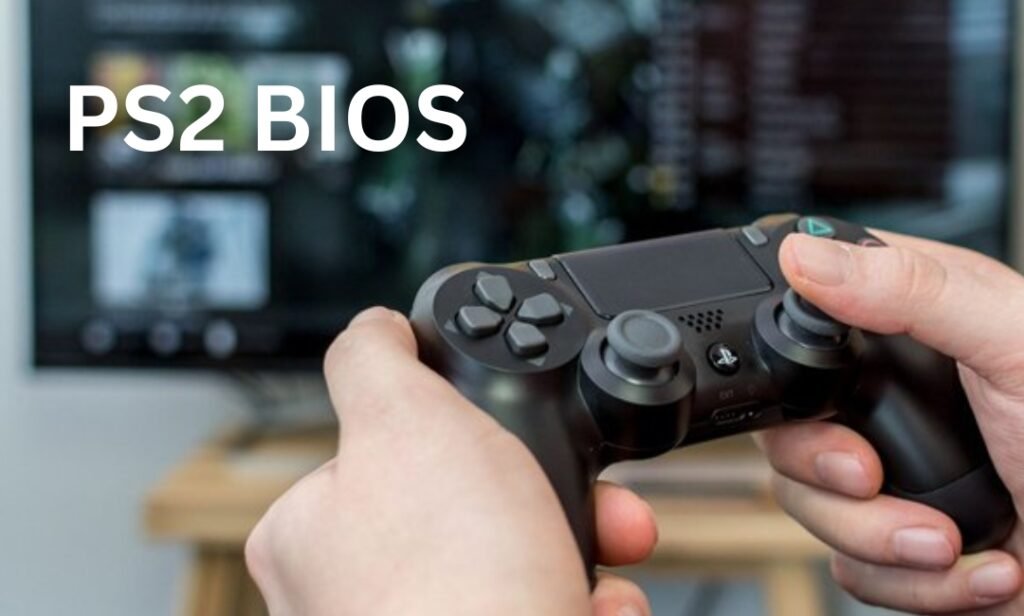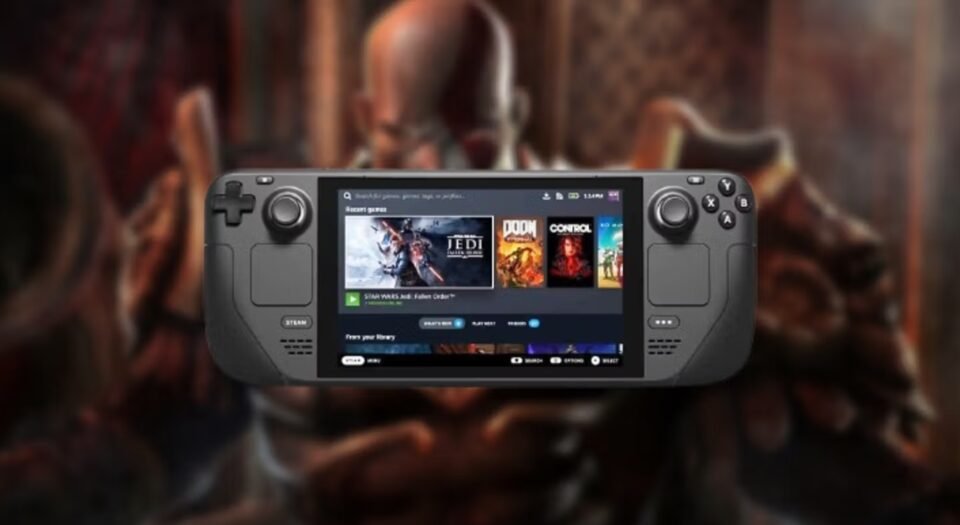You might have installed a reliable PlayStation 2 emulator on your smartphone or laptop. However, the only functional component is the BIOS file. It’s not that you find it difficult to download; rather, you are unsure which one to pick and wonder about its compatibility. It’s not unusual when you lack PS2 emulation knowledge.
With all of the user input we received, we have now compiled a list of highlights in this article. We will discuss what the PS2 BIOS does and why it is so important to emulation in the first place. This article will help you learn everything you need to learn about the PlayStation 2 BIOS, like the best version to use and how to configure it for the best emulation speed.
What is PS2 BIOS?
It is an essential firmware simulating the PS2 console. This program enables users to replicate a PlayStation 2 console on other devices, such as mobile phones and PCs. It also serves as a bridge between hardware and software, so it becomes easy to load your operating system, as well as the hardware and other components.
PlayStation 2 BIOS Versions
There are several versions of the PS2 BIOS that you will come across when looking for one. The PS2 BIOS files are available in several editions. Each PS2 BIOS file relates to distinct areas or releases on PS2 systems. The performance and compatibility of games could be impacted by the several versions; hence, choosing the right version for your requirements is critical. For emulator users, it makes no difference what BIOS software you use as long as it works. Interestingly, much like viral queries such as what is the 4th hole slang TikTok, choosing the right BIOS version often stems from community-driven discussions and shared online knowledge.
Considerations to Make When Choosing a PS2 BIOS
When choosing a PS2 BIOS, there are a number of factors to consider. Let’s discuss them.
1. Region Compatibility
You can spot the PS2 game in different regions, including the EU, Japan, and many more, and in several other regions. This is because PS2 games can be region-locked. This suggests that a BIOS obtained from one location may not function with a game you play in another.
2. Game Compatibility
Some games run better under specific BIOS versions. For example, some Japanese games could function better on the NTSC-J BIOS. You should first check whether the games you wish to play match the BIOS version available.
3. Emulator Compatibility
Not every BIOS version is compatible with every emulator. The most popular PS2 emulator is PCSX2 BIOS. Though it can work with several BIOS versions, some offer improved performance and compatibility.
Suggestion: What Makes Travis Scott Jordan 1 the Most Wanted Sneaker?
4. Stability and Performance
Different BIOS versions may affect emulator performance and stability. It is advised to experiment with different BIOS versions until you discover one that works for you.
Popular PS2 BIOS Versions and Their Features

BIOS v1.60
BIOS v1.60 is among the first BIOS versions made available to the PS2. It was designed to enable the initial PS2 game and hardware setup. It prepared the ground for most BIOS, and the first PlayStation 2 game emulator began with this BIOS.
Pros:
- BIOS v1.60 is an excellent choice if you wish to play PS2 games in their original editions.
- This BIOS version is frequently used to run games that were released in the early days of the PS2.
Cons:
- The initial BIOS releases lack certain features and improvements which is found in later versions.
- The older versions have slower start-up times and longer boot sequences compared to the newer BIOS.
BIOS v1.70
Following the introduction of BIOS v1.60, which improved compatibility and performance over v1.6, the next update. It was released following more PS2 games, with upgrade titles designed to better support a wider range of games.
Related: Who Is Sol Xochitl? Mike Tyson’s Ex-Partner and Where She Is Now.
Pros:
- The balanced experience offered by BIOS v1.70 enhances compatibility with PS2 games from the mid- and early eras.
- With the release of updates to address flaws and errors found in earlier BIOS versions, v1.70 provides a steadier experience with emulation, therefore improving stability.
Cons:
- Though more sophisticated than v1.60, this version could not fully sustain all the most current and challenging PS2 games.
- It does not offer the high-performance improvements present in the most current BIOS versions.
BIOS v1.90
In addition to improving game compatibility, the more sophisticated BIOS version 1.90 offers substantial system improvements. It is known to function with both earlier and more contemporary PlayStation 2 game versions.
You May Also Like: What Is Jodi Arias Net Worth And How She Made Money?
Pros:
- The BIOS version provides major performance improvements while also reducing delay and improving the whole gaming experience.
- For players wishing to play with numerous games, BIOS v1.0 makes it a perfect option as many mid- to late-era PS2 games function without issue.
- Many upgrades and bug fixes guarantee that this edition is more stable than earlier versions.
Cons:
- Even though it works with a lot of games, older games might not run as smoothly as they do on BIOS version 1.60.
- It might need more processing power and storage space.
BIOS v2.00
It is advertised as the final and most current BIOS version available to the PS2. This includes all the improvements from prior releases. The BIOS v2.00 also has additional changes to fit the most recent as well as the most challenging PS2 games.
You May Also Like: TaraYummy Height and Biography Including Her Age Career and Net Worth.
Pros:
- This BIOS version offers the best performance with smooth gameplay and almost no lag while playing all games.
- Extensive fixes and bug fixes guarantee that this version is stable, therefore lowering the likelihood of crashes and other issues.
- This version has full game compatibility. It is an excellent option for a PS2 emulator because it supports a large variety of games.
Cons:
- Titles designed for previous iterations provide v2.00 performance enhancements. However, in all situations, this might not be apparent.
- This BIOS version can require more hardware from your computer.
Which PS2 BIOS To Choose?
If you are unsure which PS2 BIOS you should use, you can consider these choices:
- If your library consists mostly of earlier PS2 titles, BIOS v1.60 or v1.70 might be a great option. You should think about v1.90 and v2.00 if you want a larger collection.
- Newer BIOS versions often need stronger hardware. To prevent performance problems, make sure your system meets the requirements.
PCSX2 supports many different BIOS versions; some could run better in combination under a particular emulator setup. To identify the best match for your setup, you should evaluate several versions.
Conclusion
Deciding on the BIOS version depends entirely on your preferences. Sometimes, it’s that you must play the most recent PS2 games, and this is why we believe more current BIOS versions are not the most commonly used to play with.


